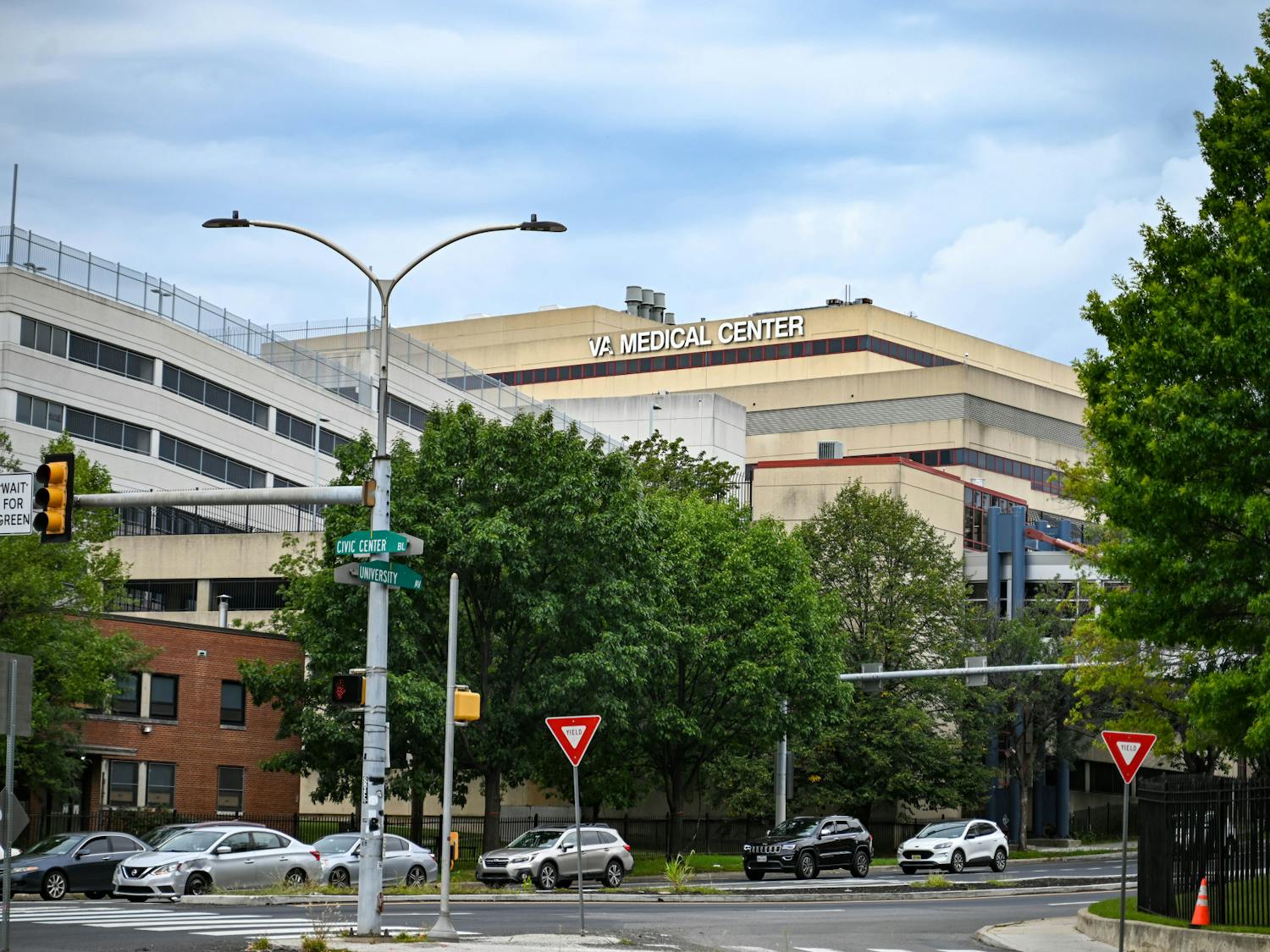Two hundred and seven Penn faculty and staff signed an open letter urging administration to use the University's endowment to support graduate students and non-tenured faculty during the coronavirus pandemic.
The letter, sent on May 14, demanded accurate and transparent information on the University's endowment, and called on the University to provide graduate students with additional funding and time to complete their degrees. The letter also urged Penn to provide job security for non-tenured faculty and end the university-wide hiring freeze.
Faculty and staff sent the letter to the Board of Trustees, Penn President Amy Gutmann, Provost Wendell Pritchett, and the vice provosts. Professors, lecturers, and staff members from eight of the University's schools and more than 40 academic departments signed the letter.
The letter called on the University to release information on how the endowment may have been affected by the economic downturn. As of June 2019, Penn’s endowment totaled $14.7 billion. Since the coronavirus pandemic, however, the University has not released any public updates on it.
English professor Melissa Sanchez, one of seven professors involved in starting the letter, said she is frustrated the University is making budget cuts instead of using endowment funds to support its students and faculty.
Pritchett and Executive Vice President Craig Carnaroli wrote an email to the Penn community on April 13 to announce the University would cut its fiscal year 2021 budget. The email specified cost reduction measures including a university-wide hiring freeze on all positions except grant-funded positions approved by the “highest level of the School/center,” a limited merit increase program, restriction on overtime work, and the elimination of mid-year salary adjustments.
“We were troubled by the University’s decision to resort to austerity measures that are hurting students, staff, and teachers, rather than use a small part of the enormous wealth that it has accumulated in its endowment to serve the educational and intellectual missions of Penn,” Sanchez said.
In response to the open letter, Pritchett wrote that the administration will communicate with the Faculty Senate and deans of individual schools about requests raised in the letter.
RELATED:
Penn cancels on-campus summer courses and cuts its fiscal year 2021 budget
Penn will provide grant to replace summer savings expectation for aided students next year
“We have continued and will continue to assess the impact of the COVID-19 crisis on our operations, prioritizing of course the protection of the health of our community,” Pritchett wrote to the authors of the letter.
English professor Paul Saint-Amour, who co-wrote the letter, said there are restrictions on how the University can use its endowment, and that Penn’s administration told professors the endowment does not consist of “rainy day funds.” Saint-Amour said, however, that the Board of Trustees can change spending rules for the endowment when it makes decisions for crisis budgeting.
Chair of Penn's Board of Trustees David Cohen wrote in an emailed statement to The Daily Pennsylvanian that “Provost Pritchett’s response covers all of the addresses.”
The open letter also urged Penn to use the endowment to support graduate students in advancing research and instruction across the University by offering them an extra year to complete their studies.
Graduate students in the School of Arts and Sciences have five years of fellowship support from the University to complete their coursework and dissertations, but the pandemic has prevented them from accessing key University resources, such as on-campus libraries, Saint-Amour said. He said graduate students should be offered an extra year of fellowship support to complete their studies, especially as they may face difficulty finding a job amid university hiring freezes.
School of Arts and Sciences Dean Steven Fluharty did not respond to a request for comment.
In an emailed statement to the DP, the Graduate and Professional Student Assembly said it appreciates the steps taken by Penn faculty to advocate for vulnerable graduate and professional students.
“As we continue to advocate for our graduate and professional students, we see this letter as a powerful testament to the amazing support from our faculty mentors and advisors, and are grateful,” GAPSA wrote to the DP.
Assistant Religious Studies professor Jolyon Thomas said the University provided non-tenured faculty with an optional one-year extension on their tenure clocks. The tenure clock begins when a faculty member starts teaching, and lasts for seven years until the University makes a decision on whether they will receive tenure, Thomas said.
Thomas said he hopes the University will give graduate students similar extensions on time and funding to grant them full access to Penn’s resources while they complete their studies. Several peer institutions, including Yale University and Brown University, have extended funding for their graduate students.
“I’m really hoping that the University will recognize that graduate students are future faculty, and if we don’t give them the same support then we basically kill the pipeline leading into the very sorts of people that we would hire in the future,” Thomas said.
Both Saint-Amour and Sanchez said they are hopeful that Penn administration will act on the requests outlined in the letter. Saint-Amour said that he thinks the administration understands the difficult position the pandemic has put so many people in, particularly the University’s graduate students.
“Why not see this as an opportunity to use some of the University’s typically sheltered resources to support the people who are put at greatest risk within our university community?” Saint-Amour said.









